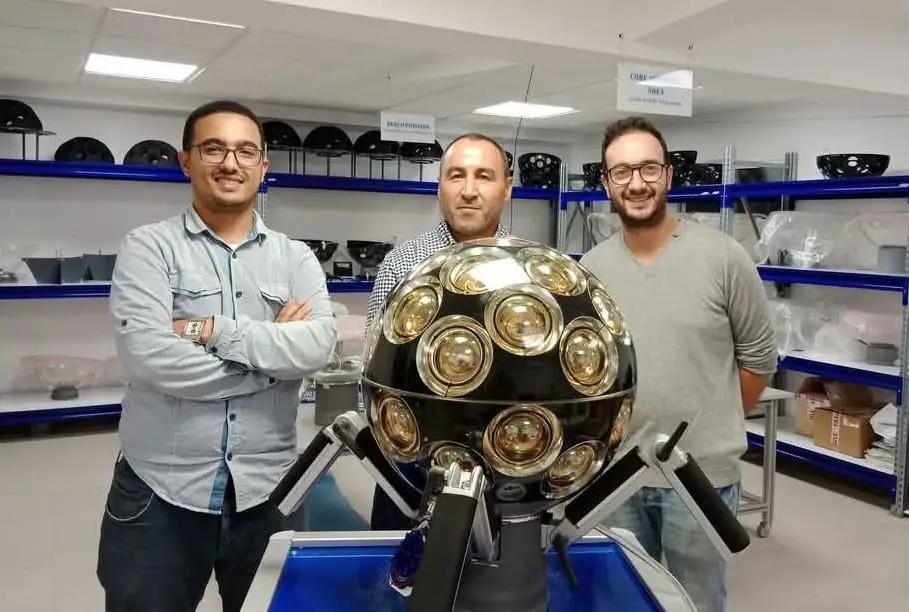Rabat – Moroccan scientists played a key role in a groundbreaking astrophysical performance when the worldwide telescope KM3net found a neutrino – an elementary particle – at an unprecedented level.
This feat that published nature turns a new sheet in high -energy astrophysics.
KM3net is a massive underwater observatory in the Mediterranean, which works through global cooperation, and Morocco is an active participant.
Professor Yahya Tayalati, the Moroccan national coordinator of the KM3net project, describes this discovery of the natural magazine as a milestone that illuminates new facets Research In extreme cosmic phenomena.
Tayalati, professor at Mohammed V University in Rabat and appeals Professor at Mohammed VI Polytechnic University in Benguerir (UM6P).
The main goal is to examine neutrinos by grasping light, which is generated as a result of their interaction with sea water.
The scientific community in Morocco is at the center of this 21-person cooperation, in which scientists from Rabat Universities, Oujda, Marrakech and Benguerir as well as the National Center for Energy, Science and Atomic Techniques (Cnesten) are involved.
KM3net discovered the neutrino, which called KM3-230213a on February 13, 2023. With an energy of 220 PEV, ten thousand more than the most powerful particle collider in the world, the recognition promises new ways to learn about the most violent phenomenon of the universe from supernovae and super massive black holes.
Since its entry into the project in 2016, Morocco has set up two important construction sites for km3net, the only ones outside of Europe.
One concentrates on the Rabat Faculty of Sciences on the construction of optical modules that recognize the slight ways that are left by neutrinos. The other in the Oujda Faculty of Sciences offers electronic parts to transmit data from these modules.
Tayalati looks at Moroccan participation as a scientific participation with more purpose. “This project strengthens our specialist knowledge and enables young researchers to work on the latest technology,” he says.
He adds that this project is not only of crucial importance for the technological progress of Morocco, but also creates new opportunities for industries and researchers.
The recent publication of the discovery in the natural magazine only solidifies its meaning. “We are proud to contribute a breakthrough that will shape the future of particle astrophysics,” announces Tayalati.
Abdelilha Moussa, coordinator of the KM3net project at Mohammed I University in Oujda, keeps this milestone that Moroccan scientists can lead important scientific missions.
He calls on the need for long -term support to ensure that Morocco continues to play a role in groundbreaking discoveries and provides young scientists the instruments to surpass themselves on the global stage.





